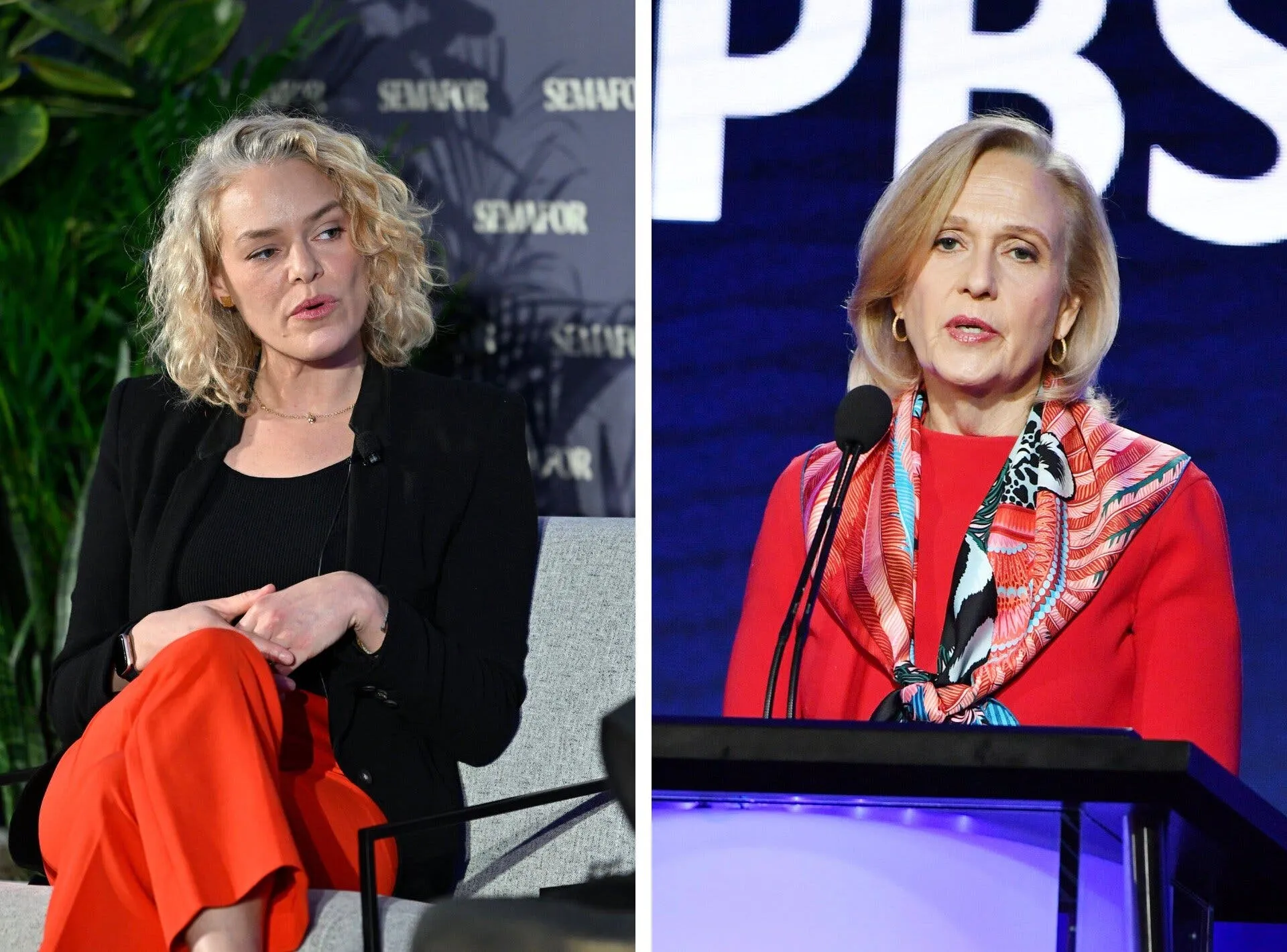Katherine Maher Faces Backlash: Did NPR Fail to Cover the Hunter Biden Story?
In a recent testimony before Congress, Katherine Maher, the CEO of National Public Radio (NPR), acknowledged a significant misstep in the organization’s coverage of the Hunter Biden laptop story. The controversy surrounding Hunter Biden’s laptop has been a focal point in U.S. political discourse, particularly during the 2020 presidential election. Maher’s admission has sparked intense debate about media accountability and the responsibilities of public broadcasters.
During her testimony, Maher stated, “we were mistaken” regarding NPR’s initial dismissal of the laptop story, which had significant implications for the political landscape. This admission comes as NPR faces mounting criticism for its perceived bias and inadequate coverage of politically sensitive topics. The backlash against NPR highlights broader concerns about transparency in media reporting and the role of public broadcasting in covering all relevant issues.
The Hunter Biden laptop controversy first emerged in October 2020, when the New York Post published a story alleging that the laptop contained emails implicating Hunter Biden in corrupt dealings while his father, Joe Biden, was vice president. Many news outlets, including NPR, initially refrained from covering the story, citing questions about its authenticity and the potential for misinformation. However, Maher’s recent acknowledgment suggests that this decision may have been misguided.
The Admission and Its Implications
Maher’s admission during her testimony, where she faced questioning from GOP lawmakers, marks a turning point for NPR. Critics argue that the organization’s failure to cover the Hunter Biden story contributed to a lack of transparency in media reporting, particularly during a pivotal election period. This has raised questions about journalistic integrity and the responsibilities of news organizations to report on all relevant issues, regardless of political implications.
- Criticism of NPR’s Coverage: Many have accused NPR of bias, arguing that the organization’s decision to dismiss the Hunter Biden story reflects a broader trend in media where certain narratives are prioritized over others.
- Calls for Accountability: Maher’s admission has led to calls for a reevaluation of NPR’s editorial policies to ensure comprehensive coverage of significant news events.
- Public Broadcasting’s Role: The backlash against NPR underscores the importance of public broadcasting in providing balanced news coverage, especially on politically sensitive topics.
In her testimony, Maher was pressed by lawmakers on the issue of taxpayer funding for NPR, with some questioning whether the organization should continue to receive public support if it fails to provide unbiased reporting. This has reignited discussions about the funding and accountability of public media institutions.
The Broader Context
The Hunter Biden laptop story is not just a singular event; it represents a larger conversation about how media outlets handle politically charged narratives. The controversy has implications for both the credibility of news organizations and the trust of the public in their reporting. Maher’s admission serves as a reminder of the challenges faced by journalists in navigating complex political landscapes.
In recent years, the media landscape has become increasingly polarized, with many outlets accused of favoring one political narrative over another. NPR’s handling of the Hunter Biden story has become a case study in how news organizations can inadvertently contribute to this polarization by failing to cover significant stories adequately.
Conclusion
Katherine Maher’s acknowledgment that NPR failed to cover the Hunter Biden laptop story adequately has ignited a firestorm of debate about media accountability and the responsibilities of public broadcasters. As discussions continue about the implications of this admission, it is clear that the need for transparency and comprehensive coverage in journalism has never been more critical.
As NPR and other media organizations reassess their editorial policies, the hope is that they will strive to ensure balanced reporting on all issues, regardless of their political implications. The backlash against NPR serves as a reminder that the public expects a higher standard of accountability from news organizations, especially those funded by taxpayer dollars. The future of public broadcasting may depend on its ability to navigate these challenges and restore trust among its audience.






Leave a Comment